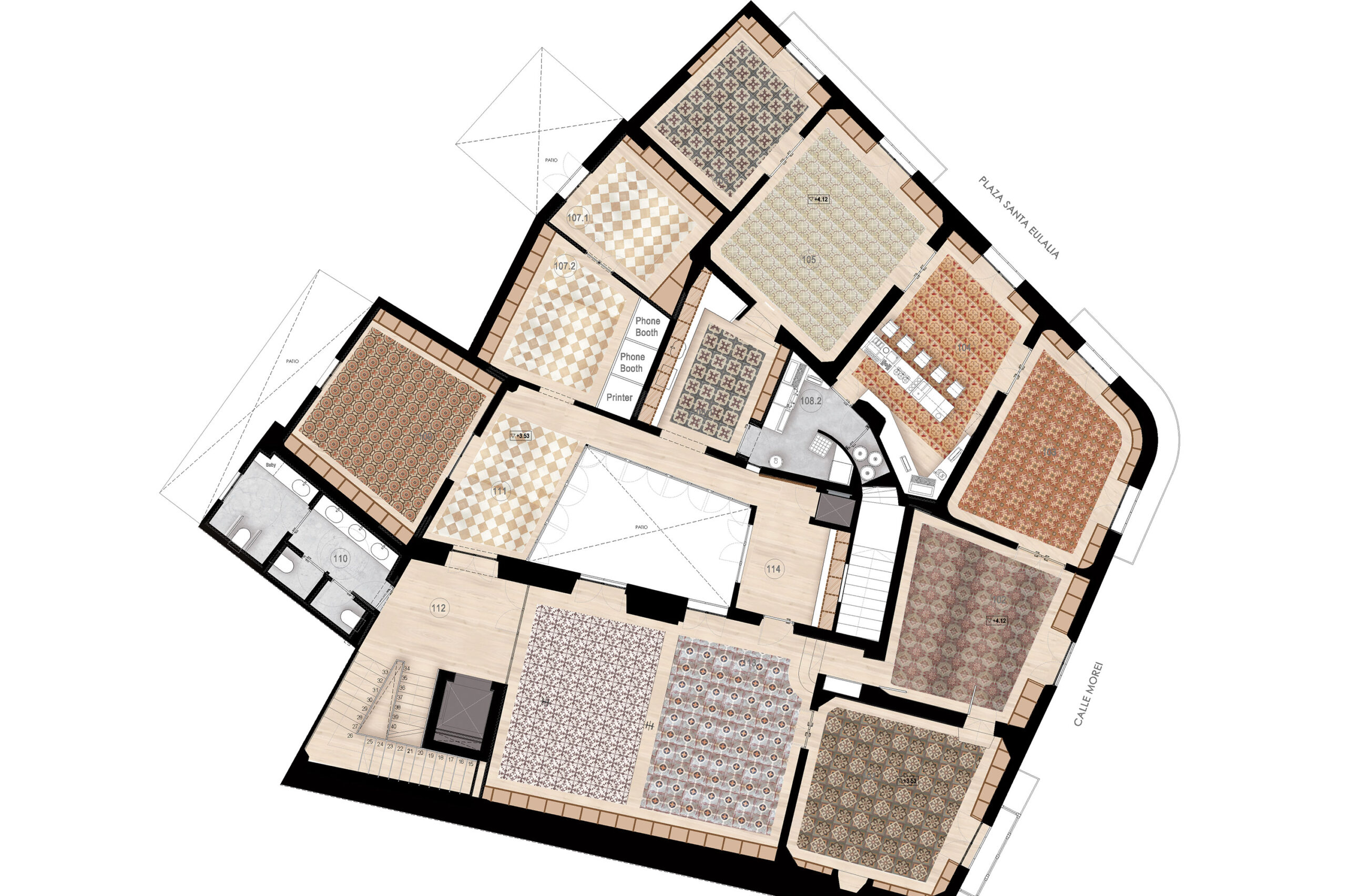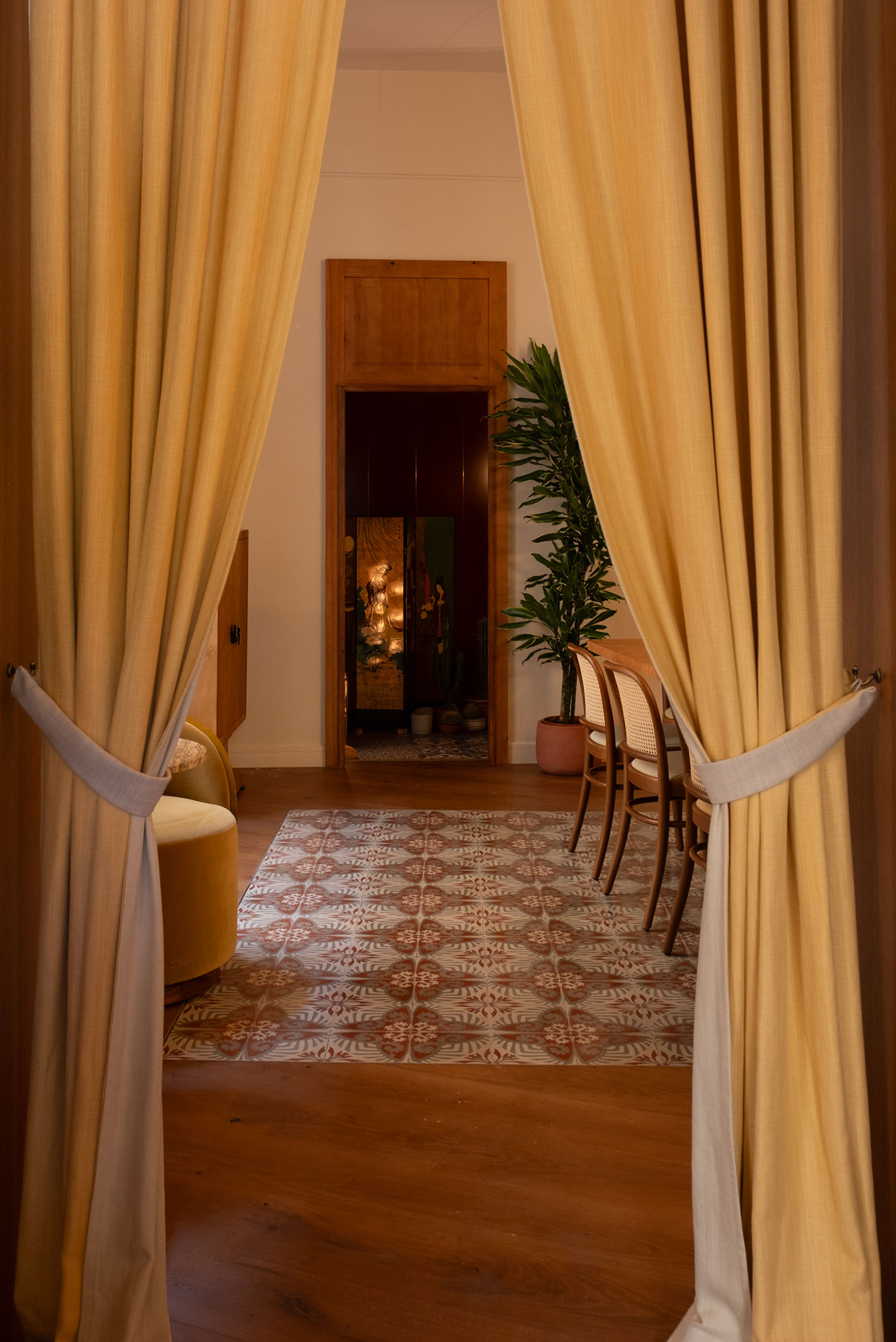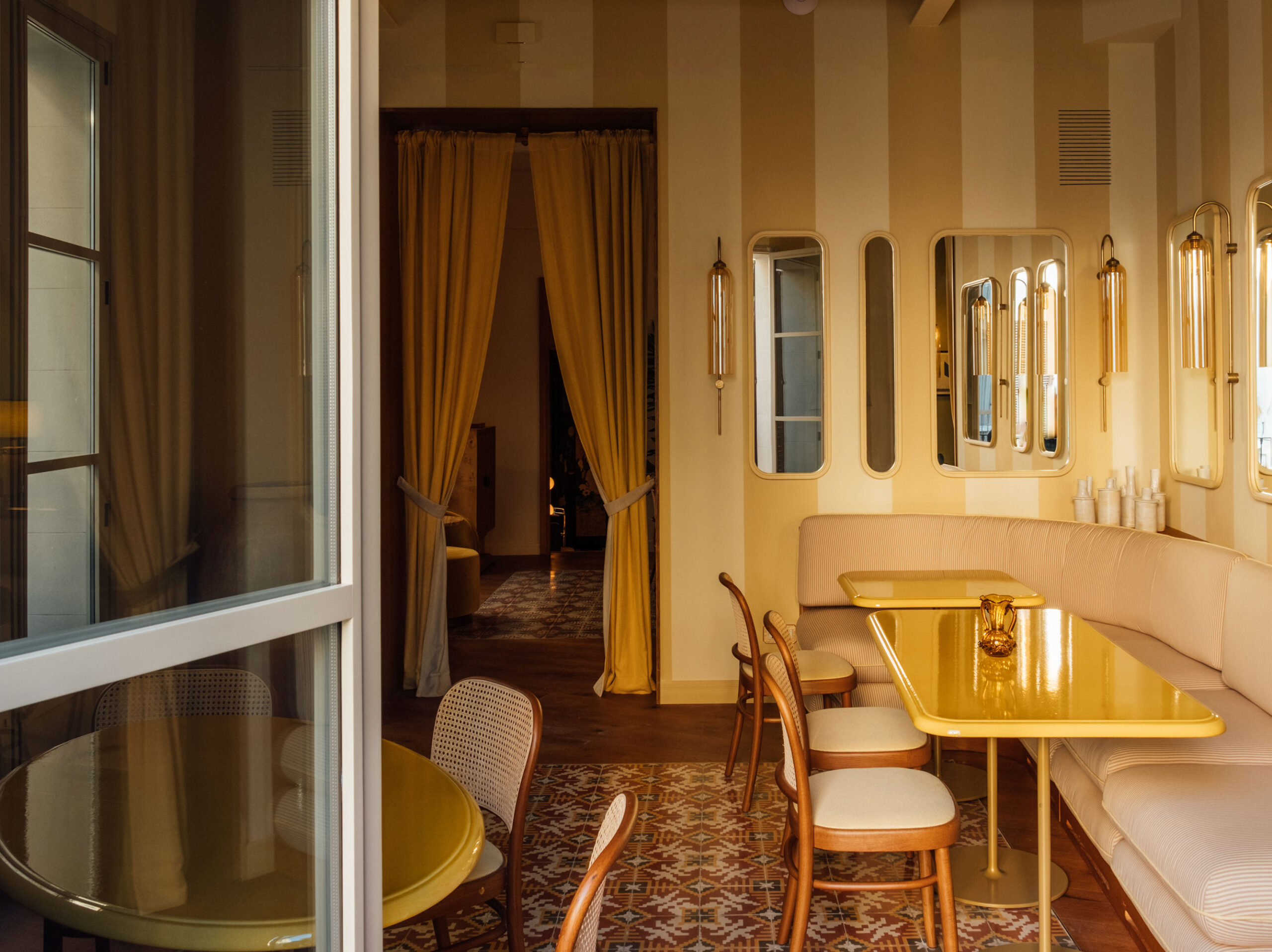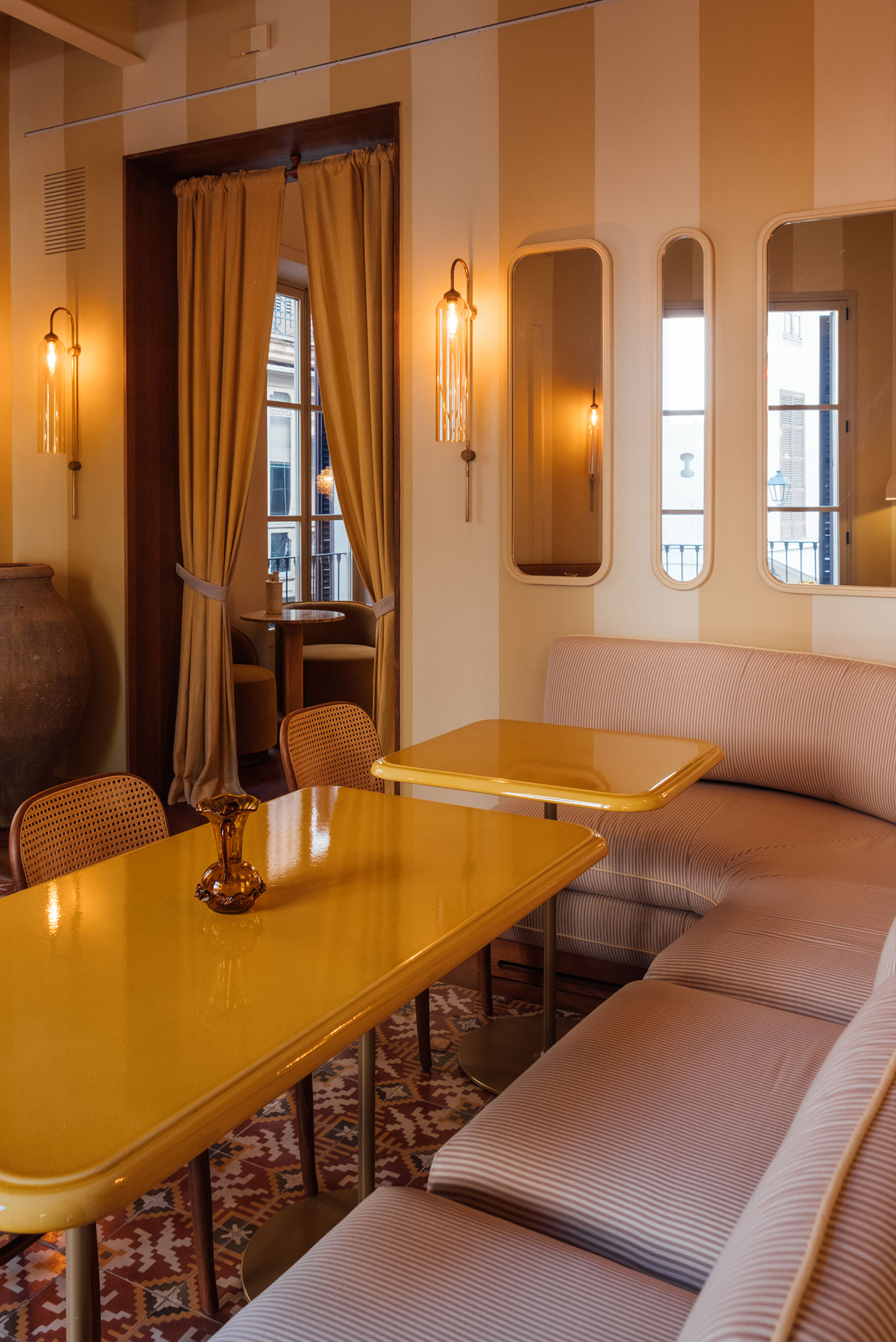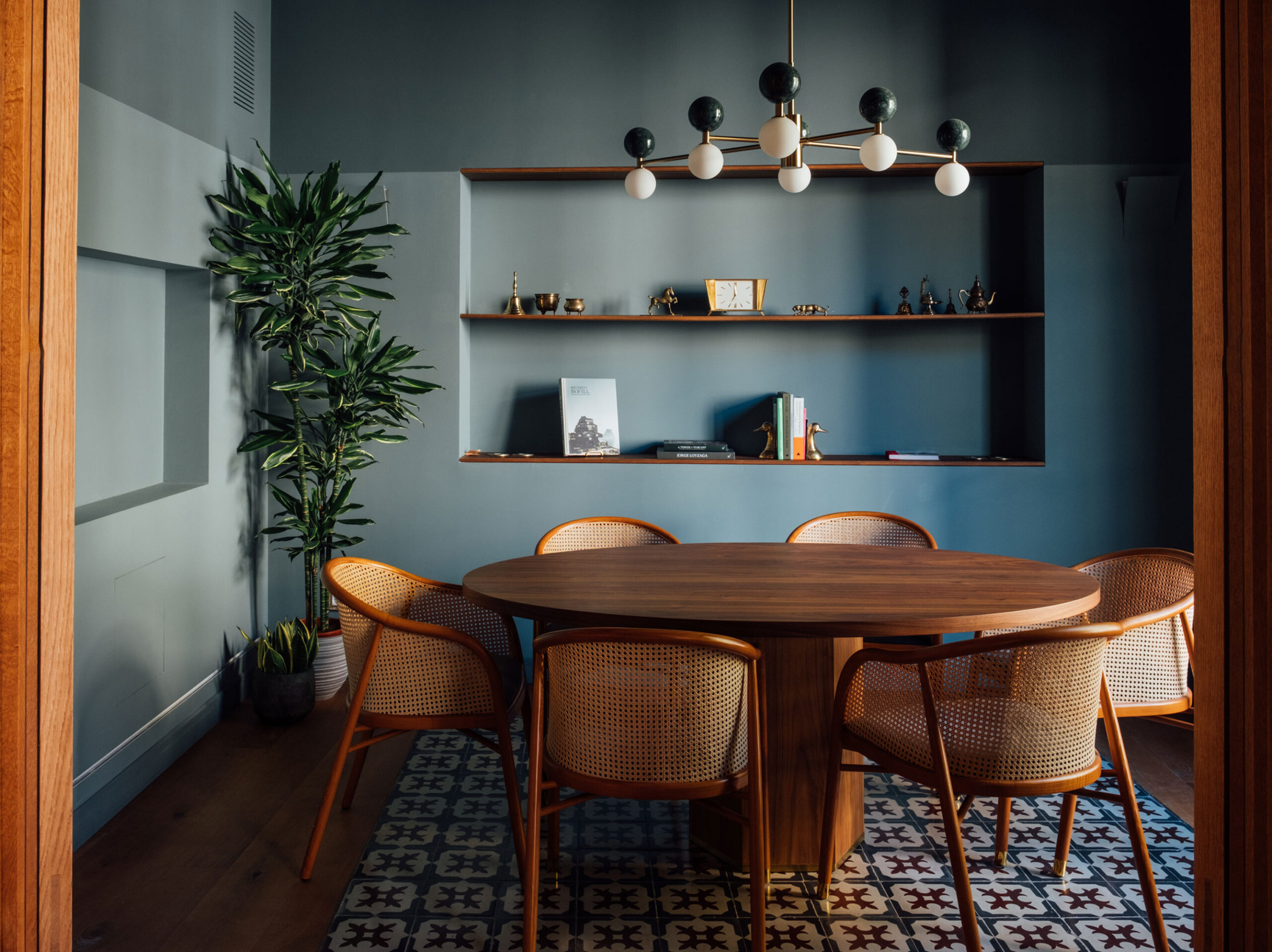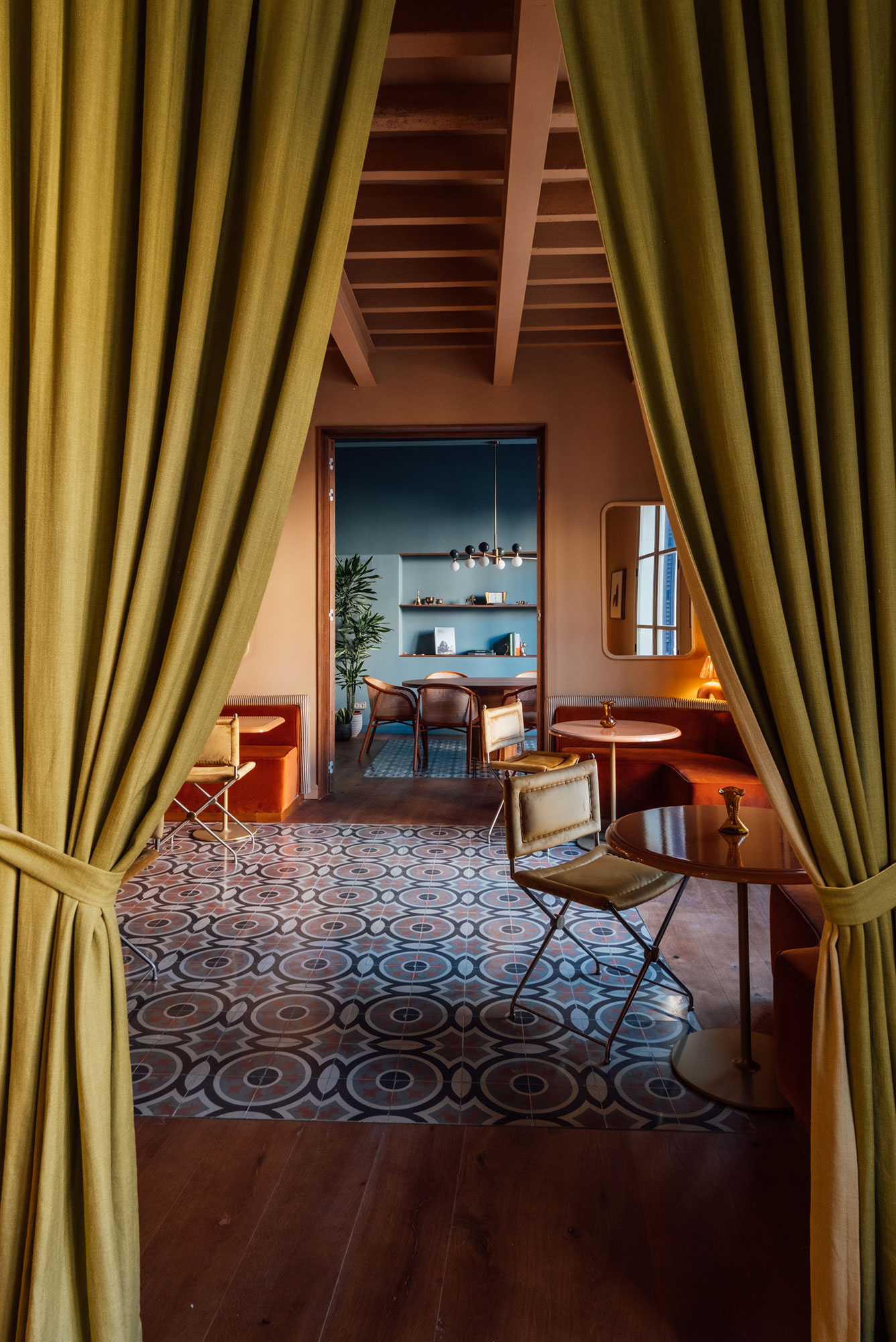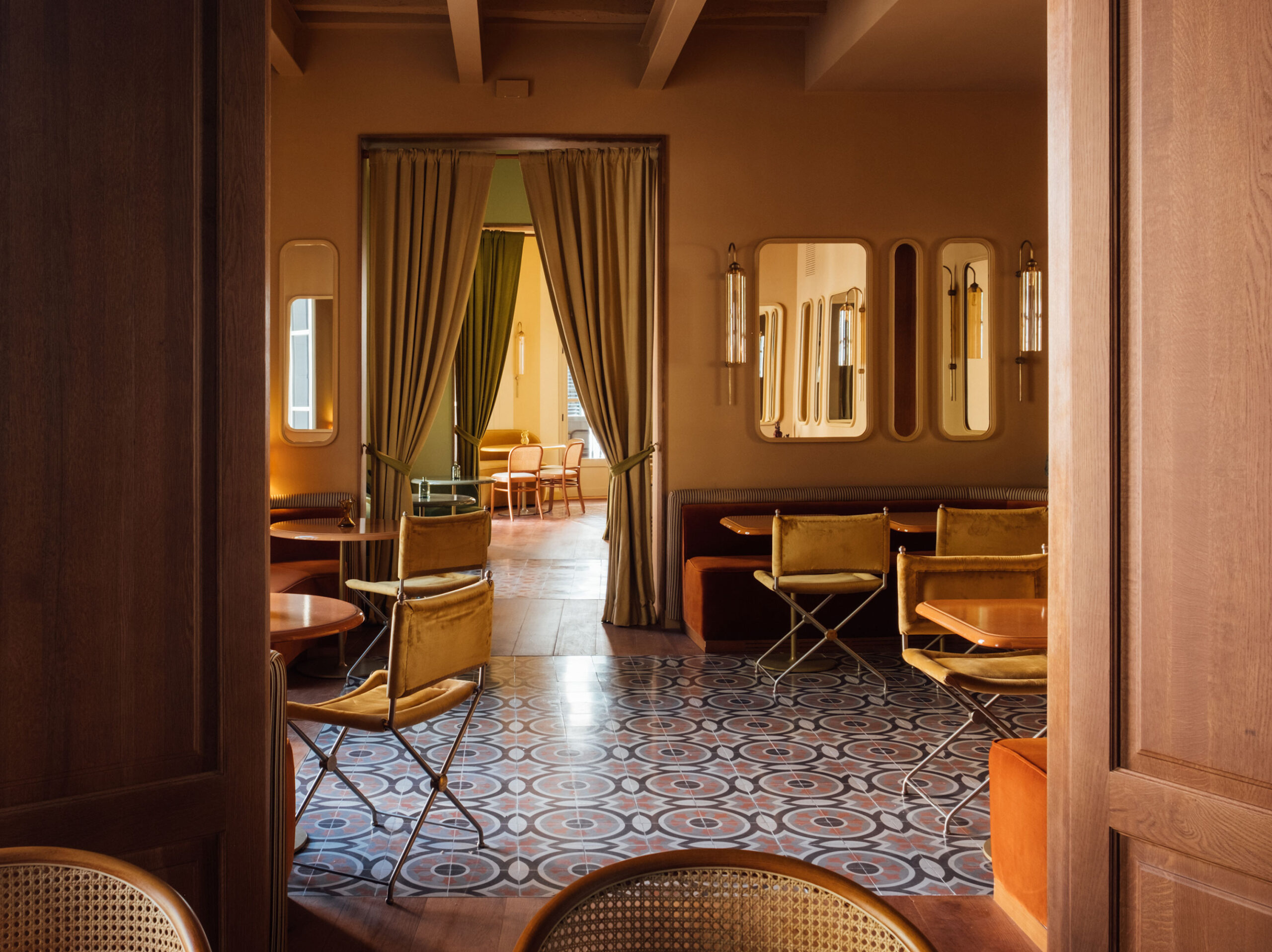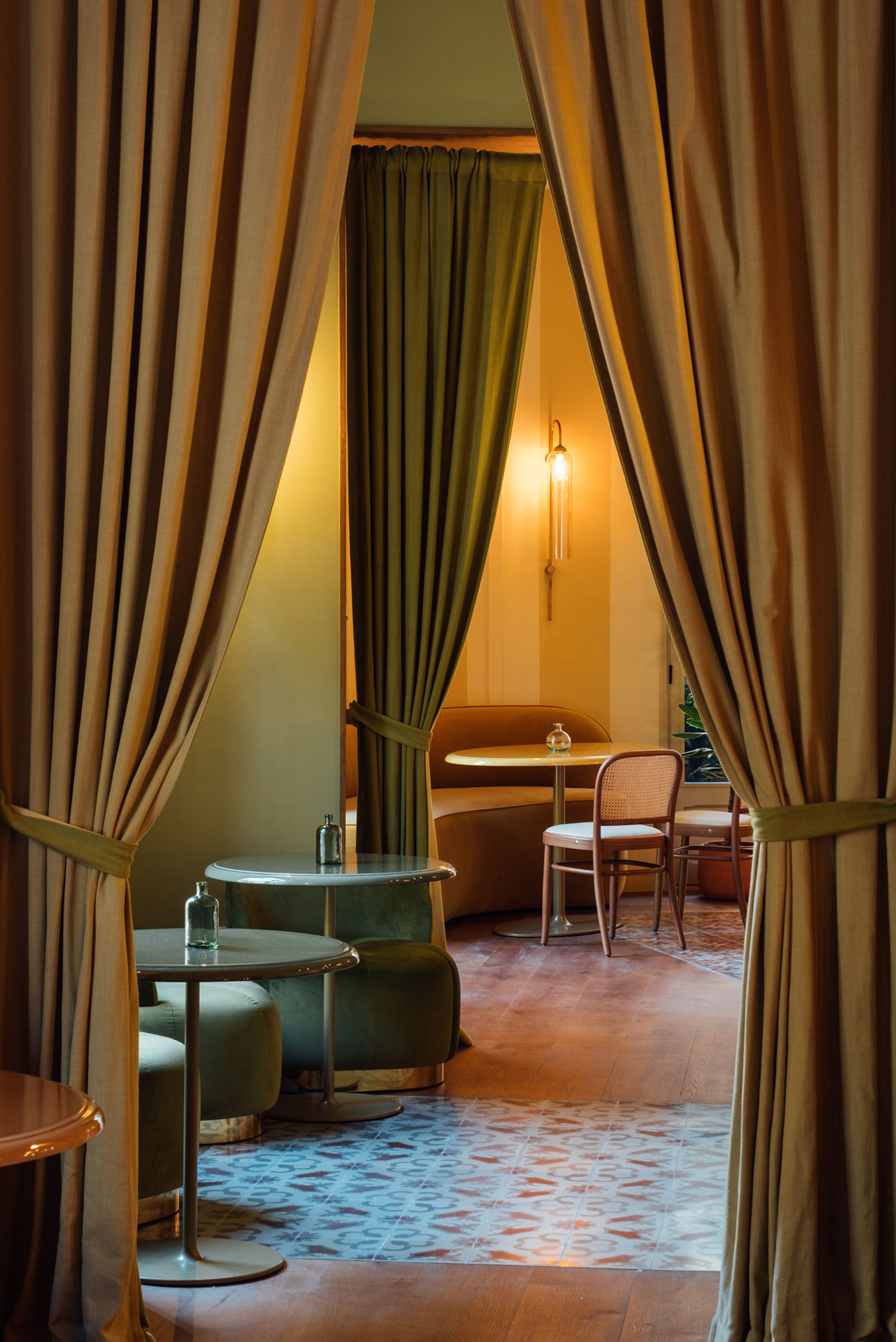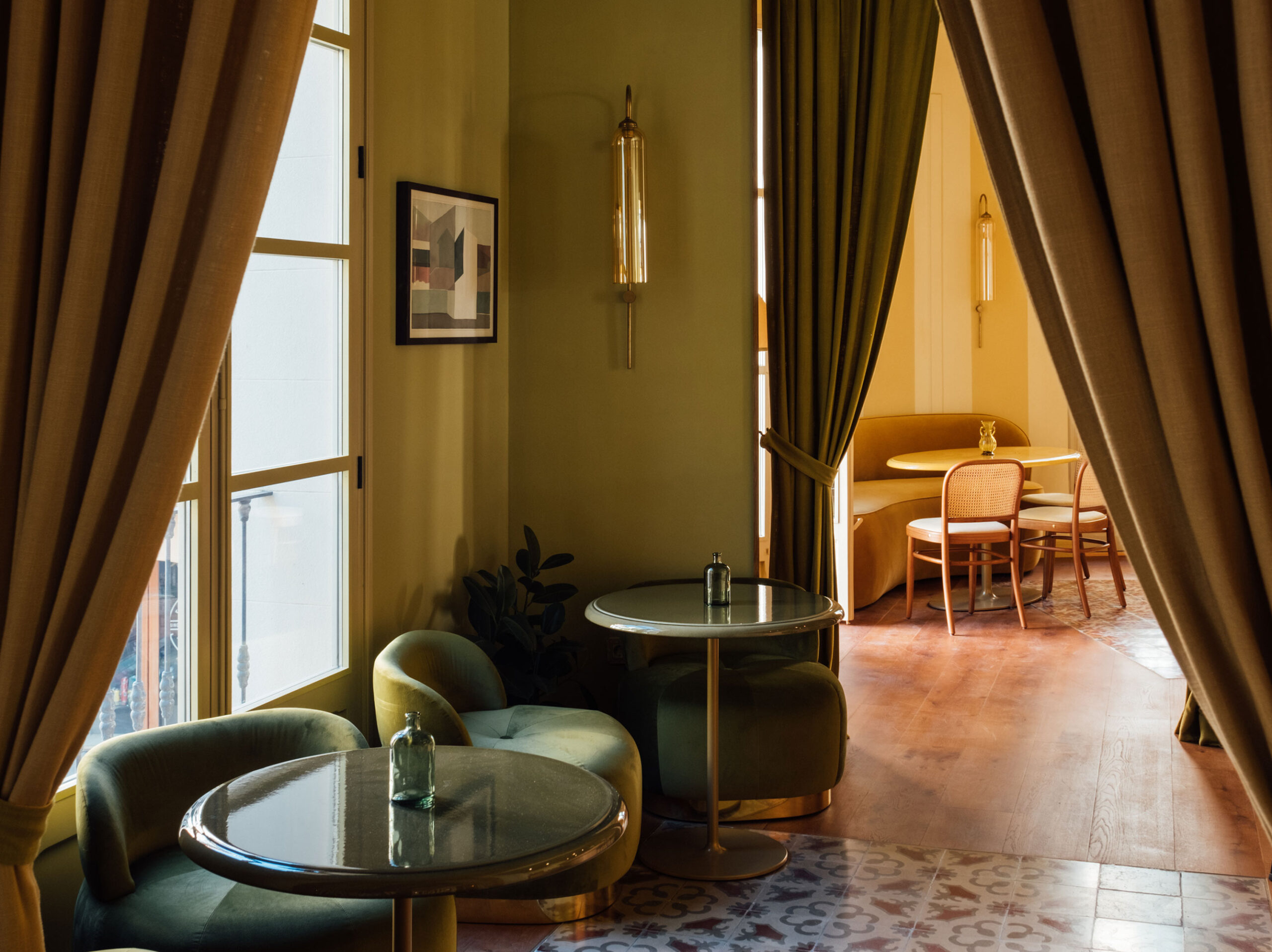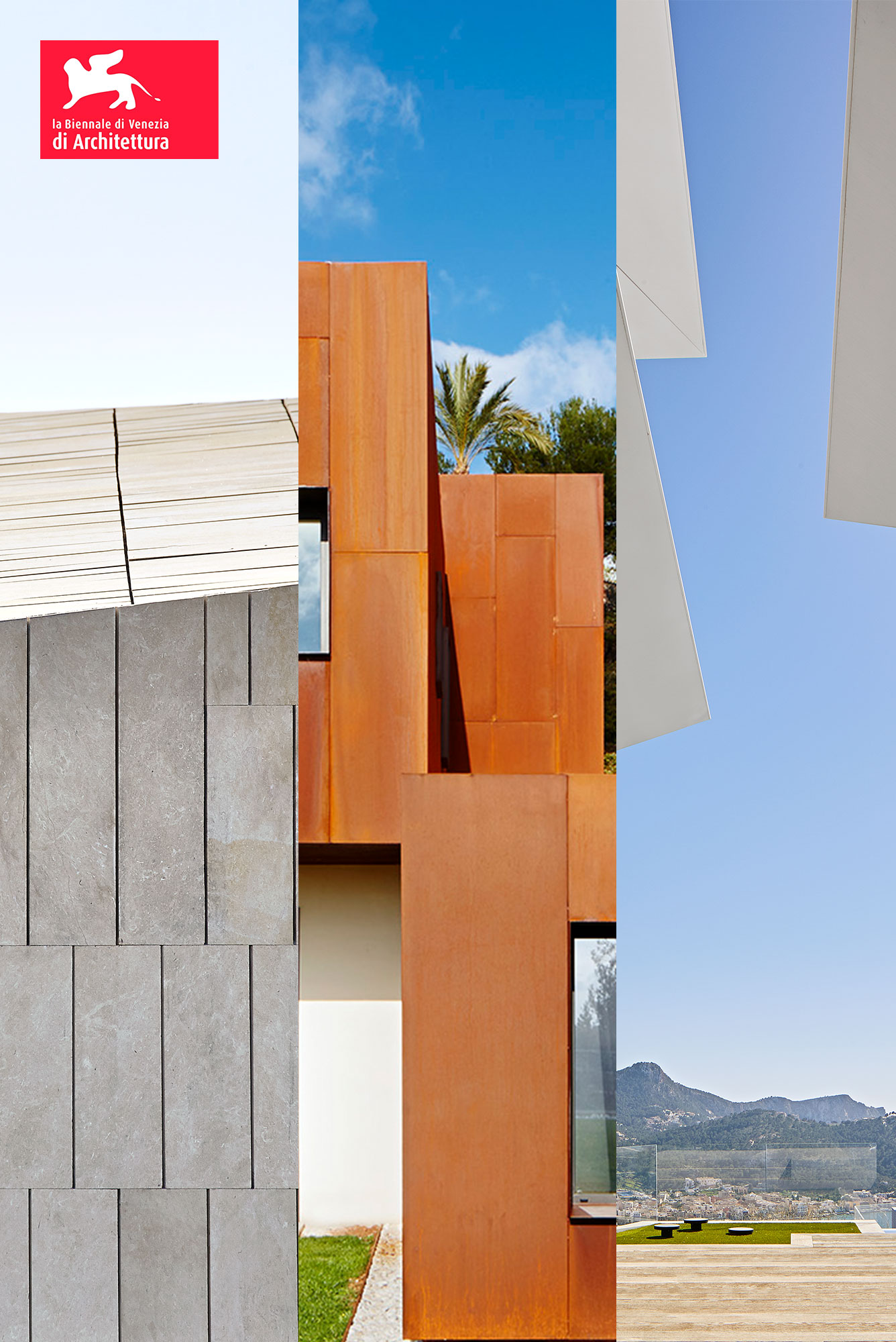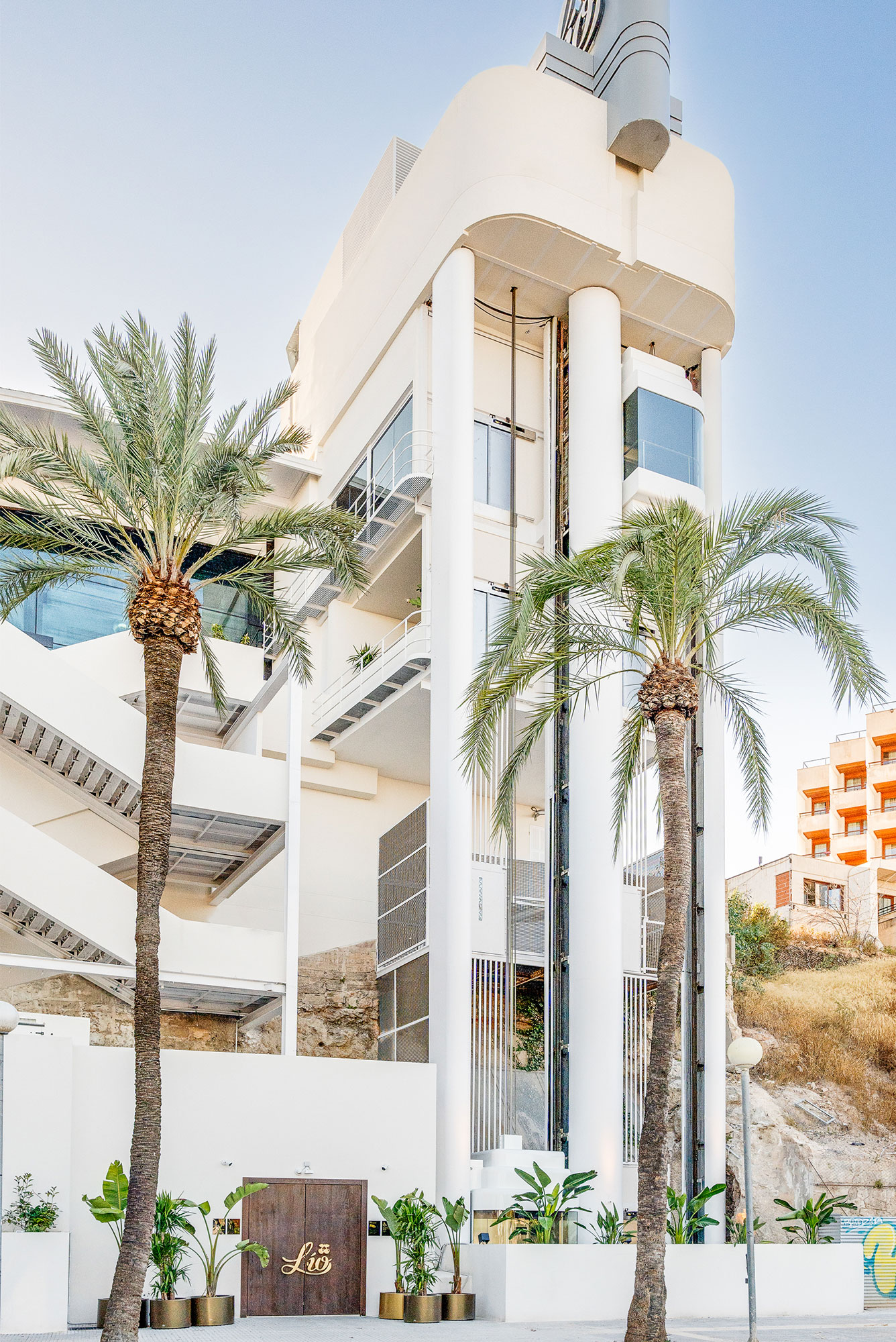Club Làlia
Redefining Chic Workspaces and Social Hubs with a Blend of Heritage Renovation in Palma
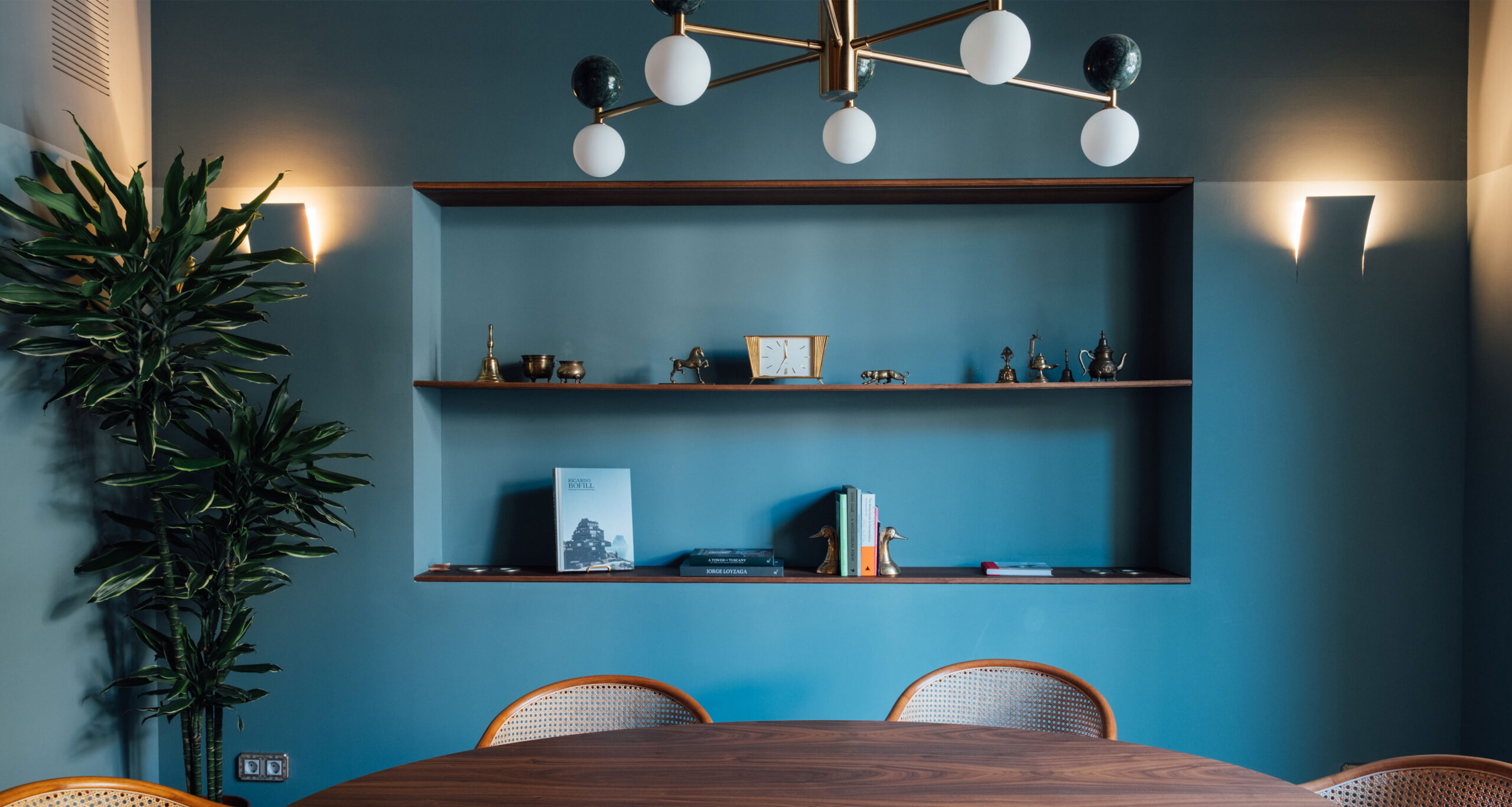
A Cultural Renaissance in the Heart of Palma de Mallorca, Redefining a Contemporary Social Venue
Nestled in Palma’s vibrant Santa Eulalia Square, Club Làlia redefines contemporary workspaces and social hubs with a meticulous blend of heritage renovation and modern design. Designed by GRAS Reynés Architecture Studio in collaboration with Tatjana von Stein, this exclusive members club seamlessly integrates into a historic residential building, offering unique spaces for work, meetings, and relaxation. From its restored tiled floors and original fireplaces to locally sourced materials and bespoke furnishings, Club Làlia celebrates Mallorquin craftsmanship while creating a welcoming community hub in the heart of the city.
Program
Cultural, commercial y residential
Location
Palma de Mallorca, ES
Size
800 m²
Client
Chenin Blue SL
Year
2024
Budget
800.000,00 €
Architecture
GRAS Reynés Arquitectos
Team
Guillermo Reynés, Álvaro Pérez, Elena Gil del Val, Alejandro Domingo, Dovile Simkunaite, Kristina Kirilova
Engineering
Ingenio Ingeniería
Technical Architect
Jaime Carbonell Rosselló
Construction
ALH S.L.
Interior Design
Tatjana von Stein
Photography
Clemente Vergara
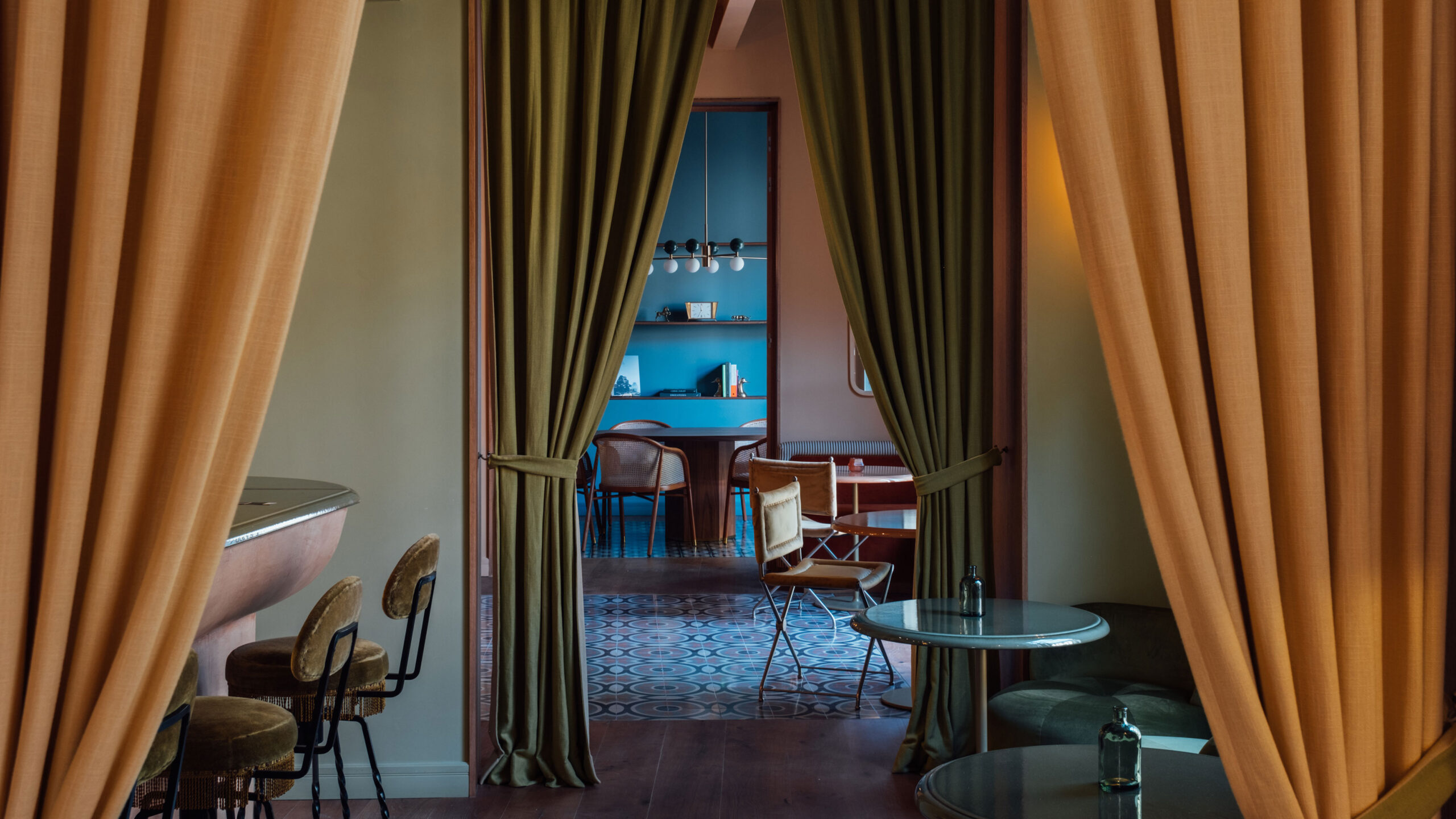
Creating a Unique Workspace at Santa Eulalia Square
Club Làlia is a new members club and private working space in the heart of Palma, at Santa Eulalia square just opposite the church with the same name. A building with soul offering unique spaces to work and meet designed together with interior designer Tatjana von Stein.
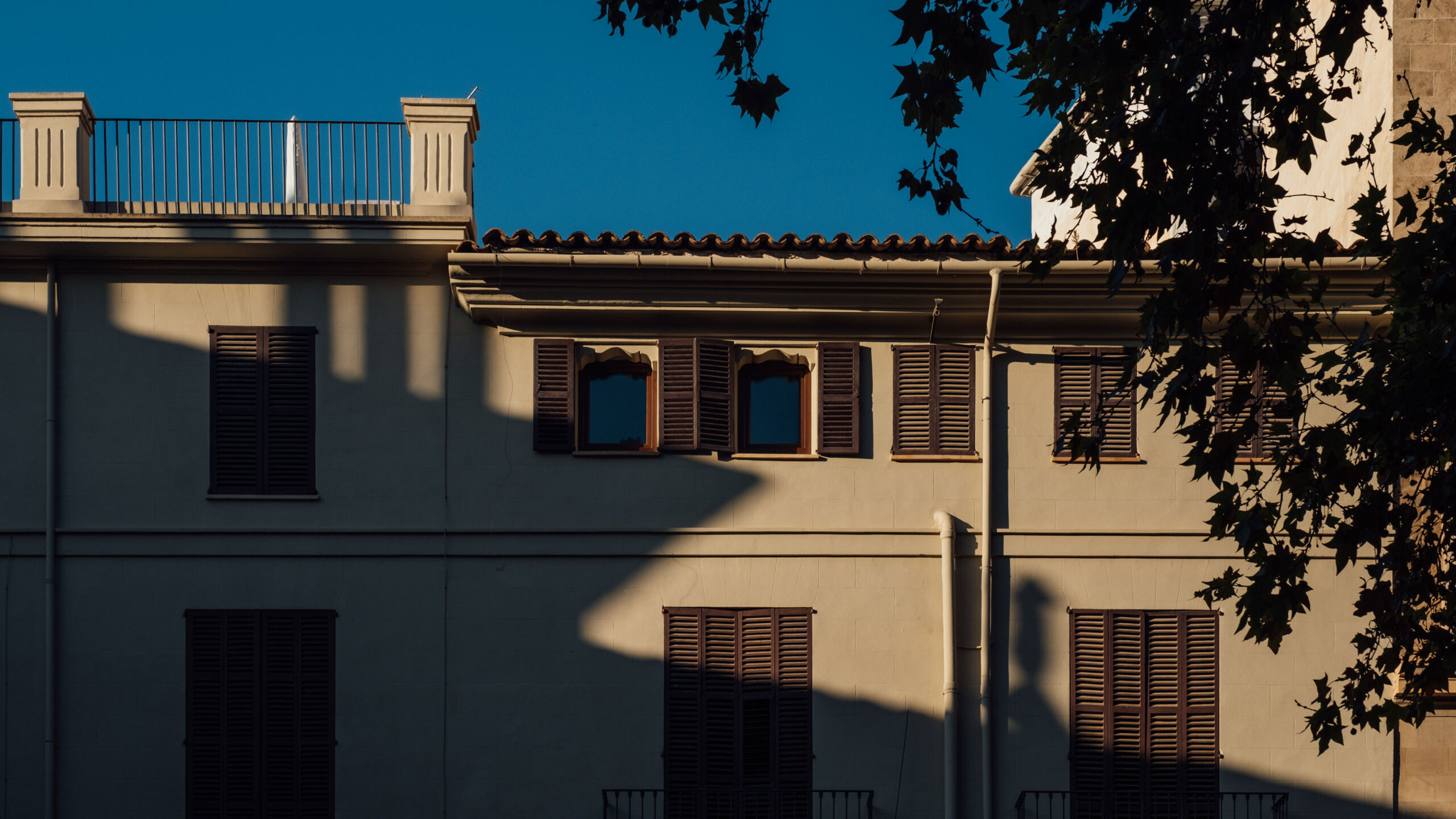
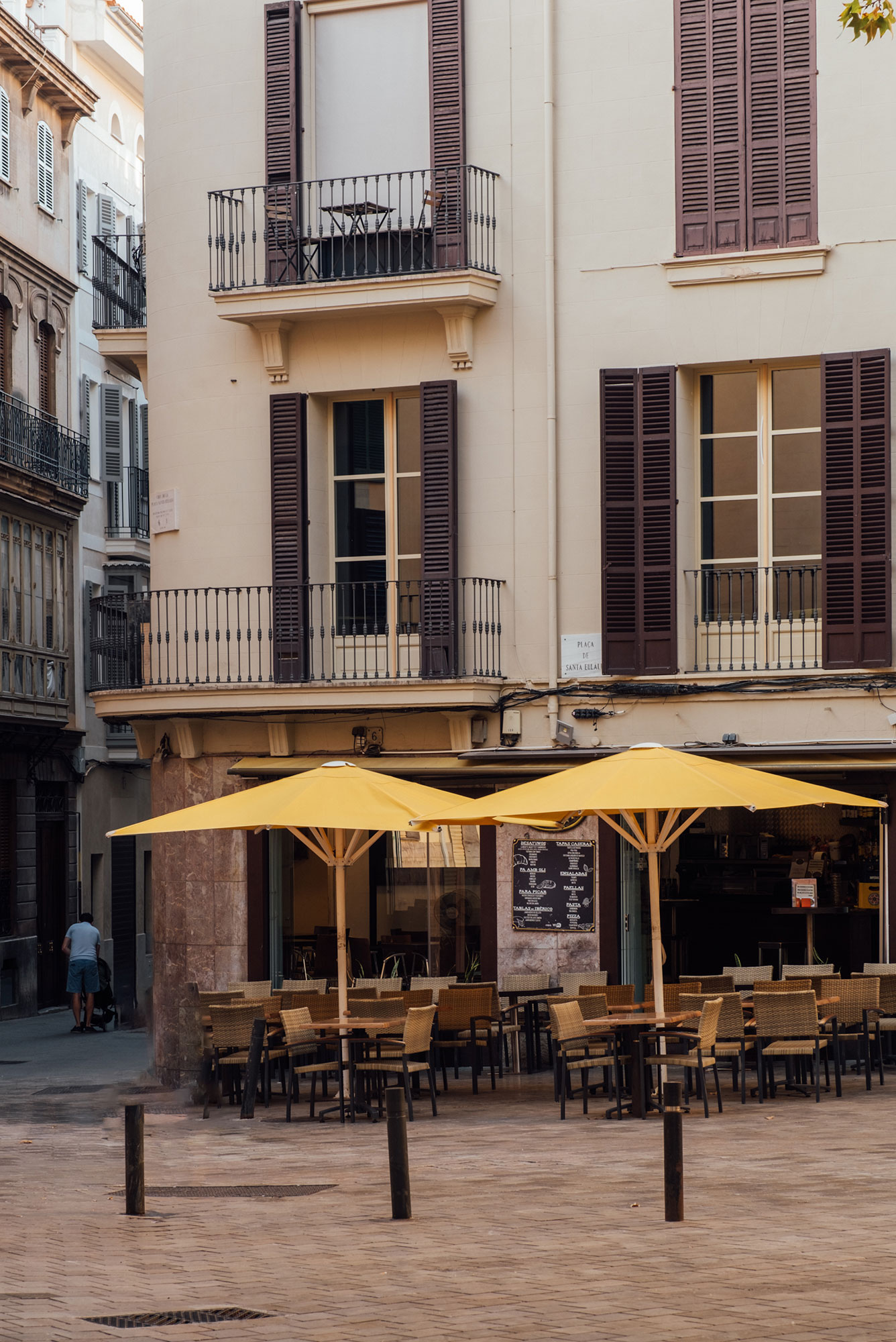
Designing Làlia Members Club Was a Result of Collaborative Efforts from Start to Finish
A member’s club serves as a second home for all its members, offering a sense of belonging and community. In the case of Làlia, the club is inserted into a residential building, reinforcing the residential effect so that every member feels at home and part of the community. The design is very challenging since it goes beyond a standard hospitality project: it is a public program but also very private since it has to feel home and exclusive.
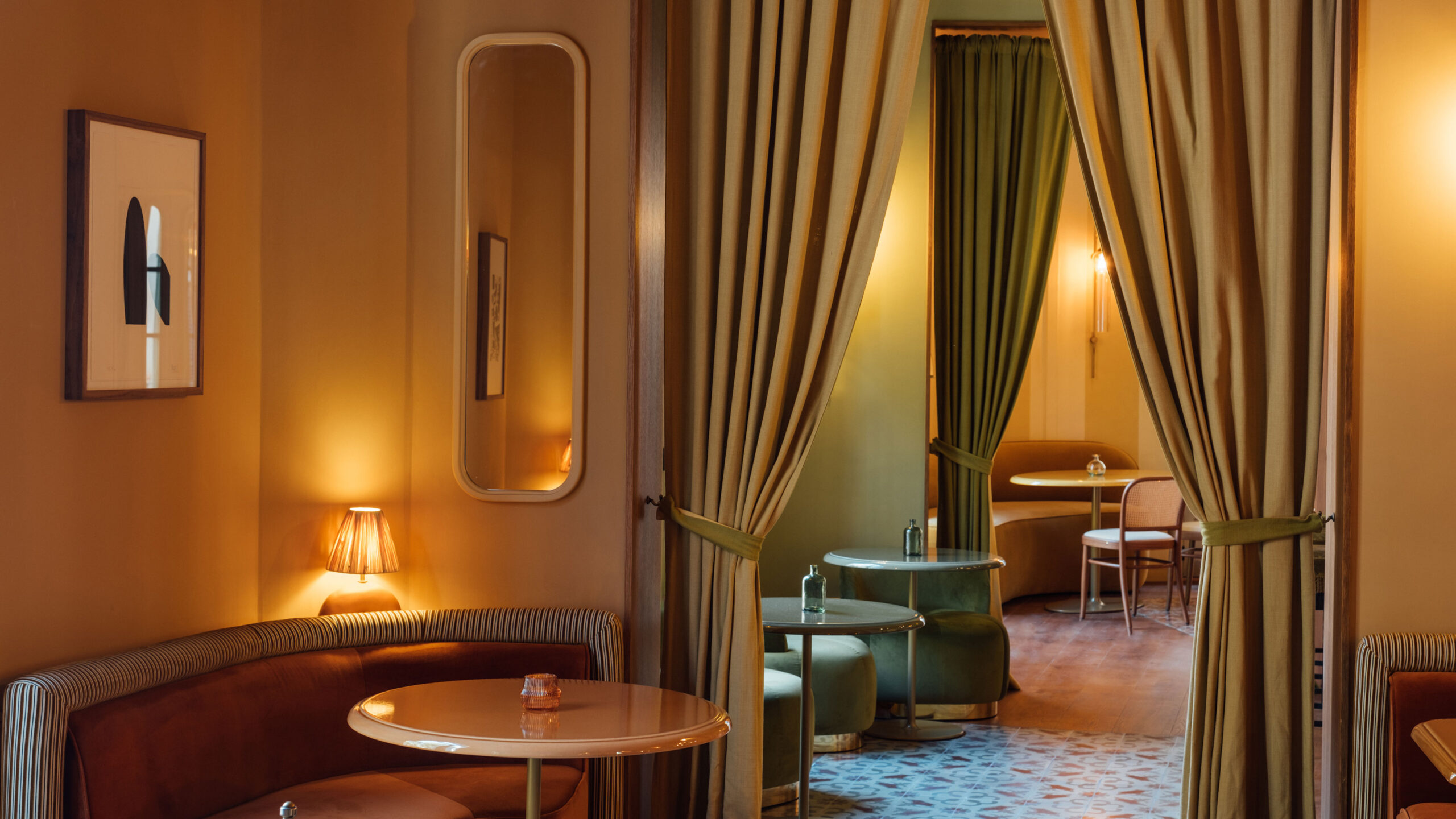
The Essence of Club Làlia is Defined Using Local Craftsmanship and Materials
Làlia occupies 2 floors of the existing structure with direct rooftop access. The working spaces and meeting areas on the ground and first floors are designed around the existing patio. Additionally, a small apartment is provided for member use. The club welcomes members at street level, with the reception located just beyond a beautiful zaguán opening to the street.
At ground floor, a common area and several private rooms are organized around a patio, featuring a sitting area surrounded by greenery—a true oasis in the center of the city. The kitchen and back-of-house areas are also located on this floor, with a connection to the technical basement. A staircase, designed around the elevator, connects all floors, creating seamless spatial connections that unify the space into a cohesive whole rather than just separate levels.
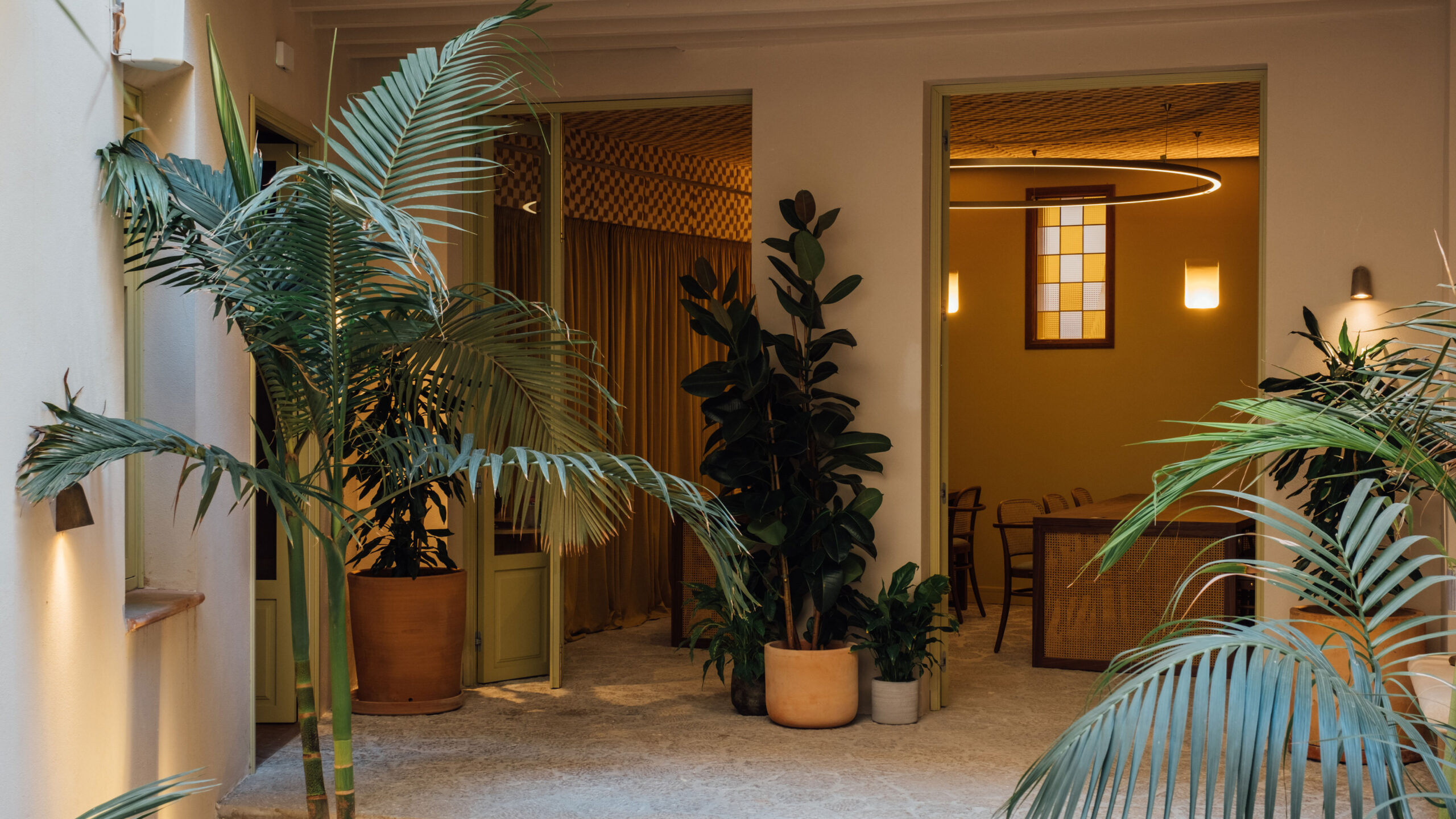
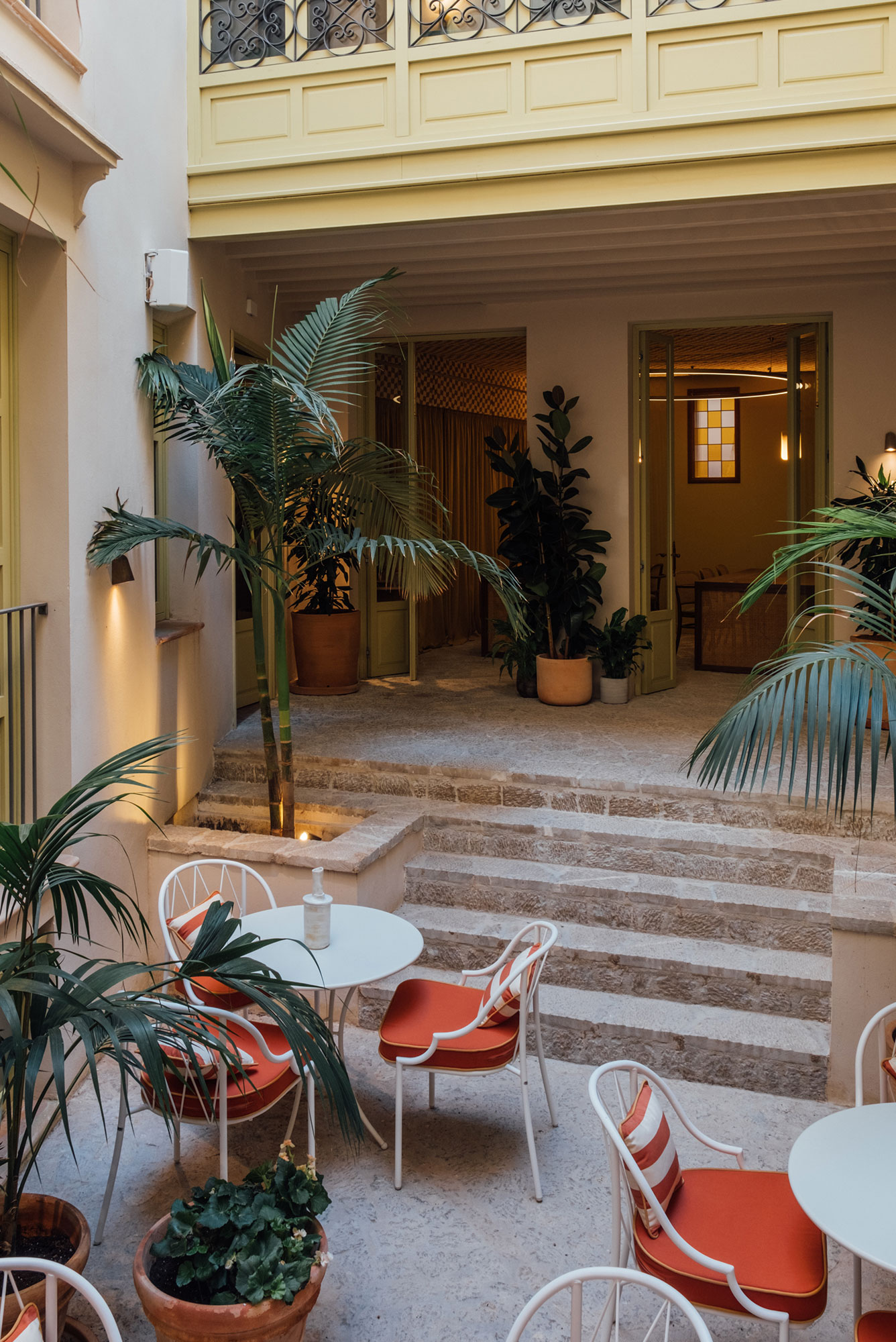
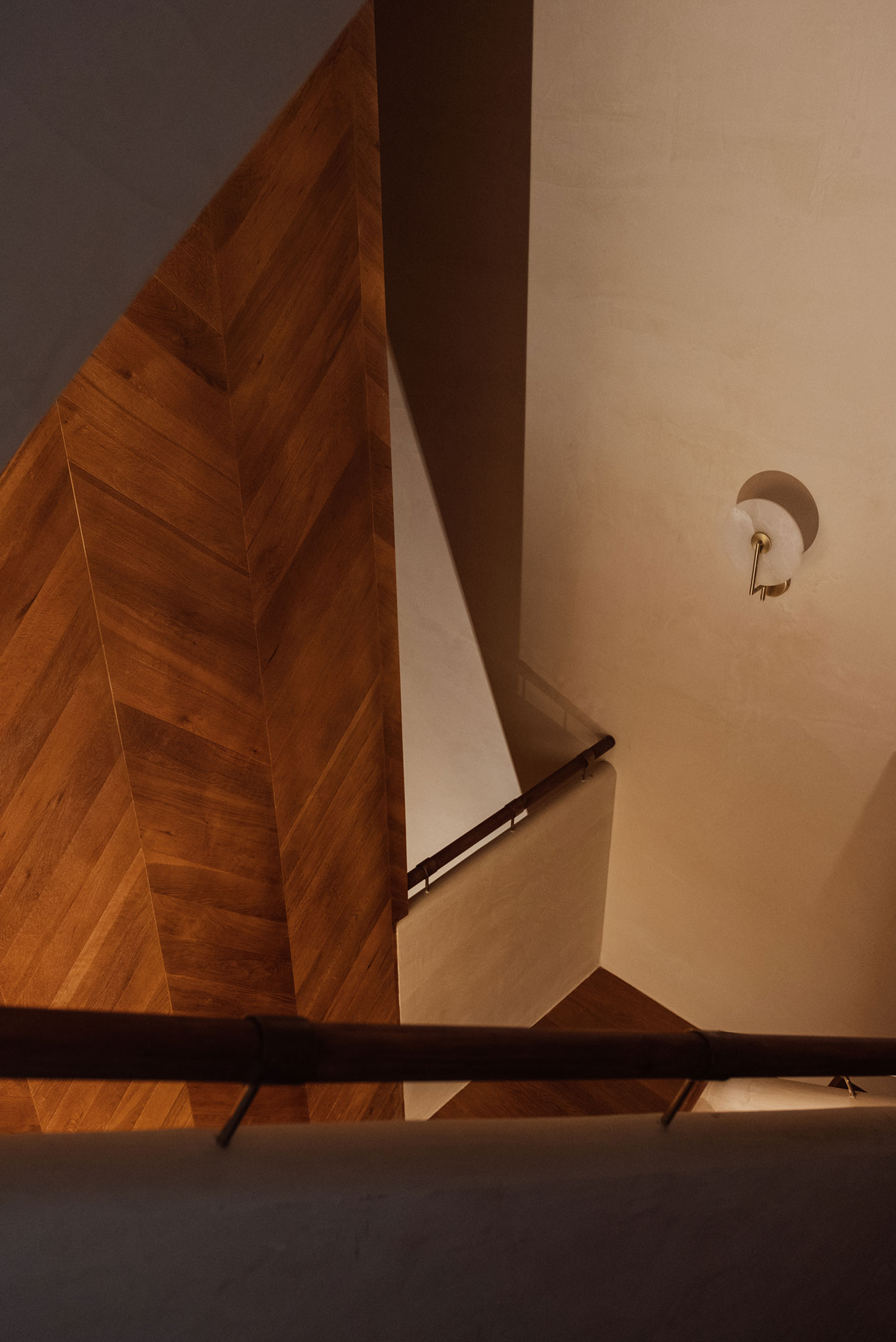
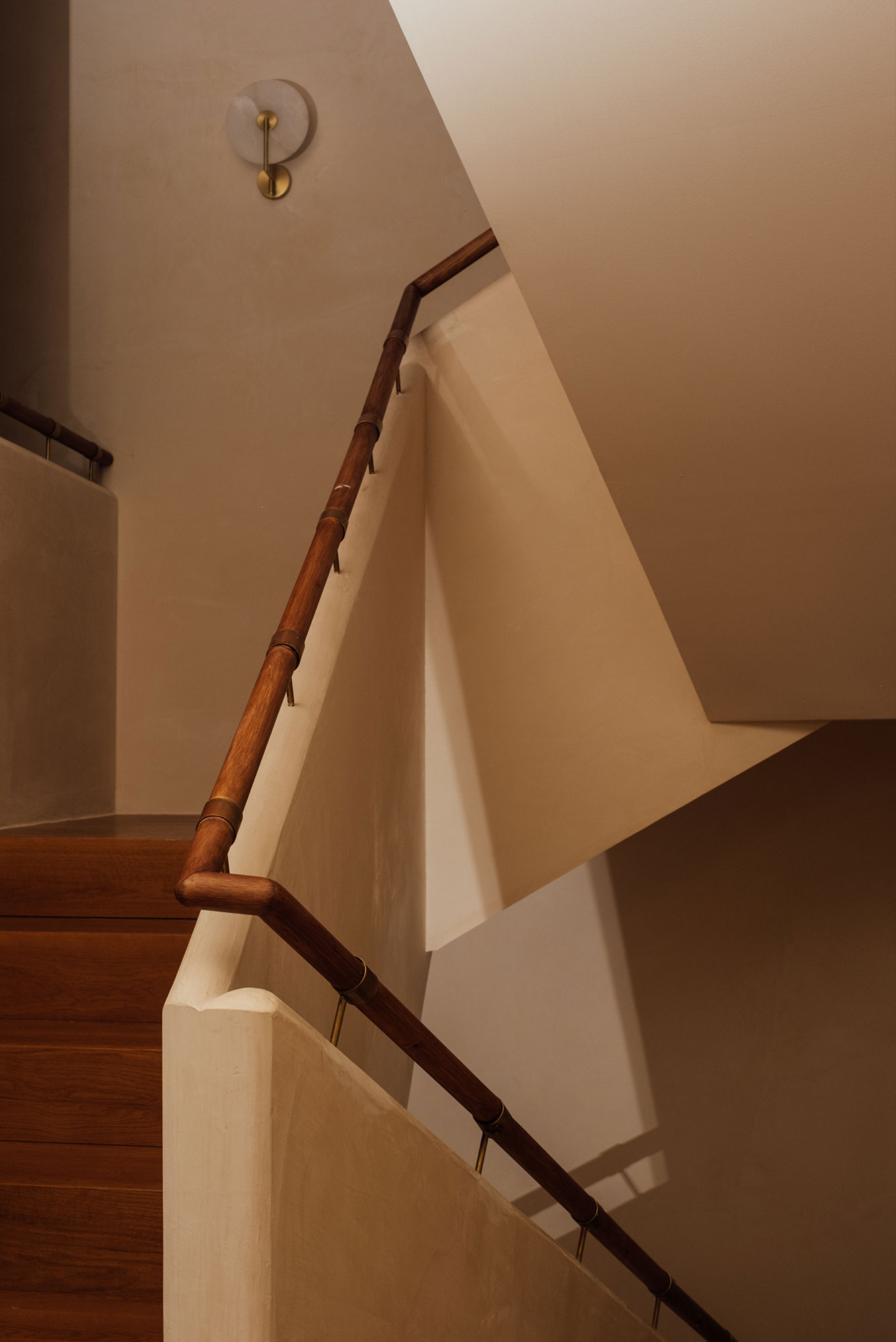
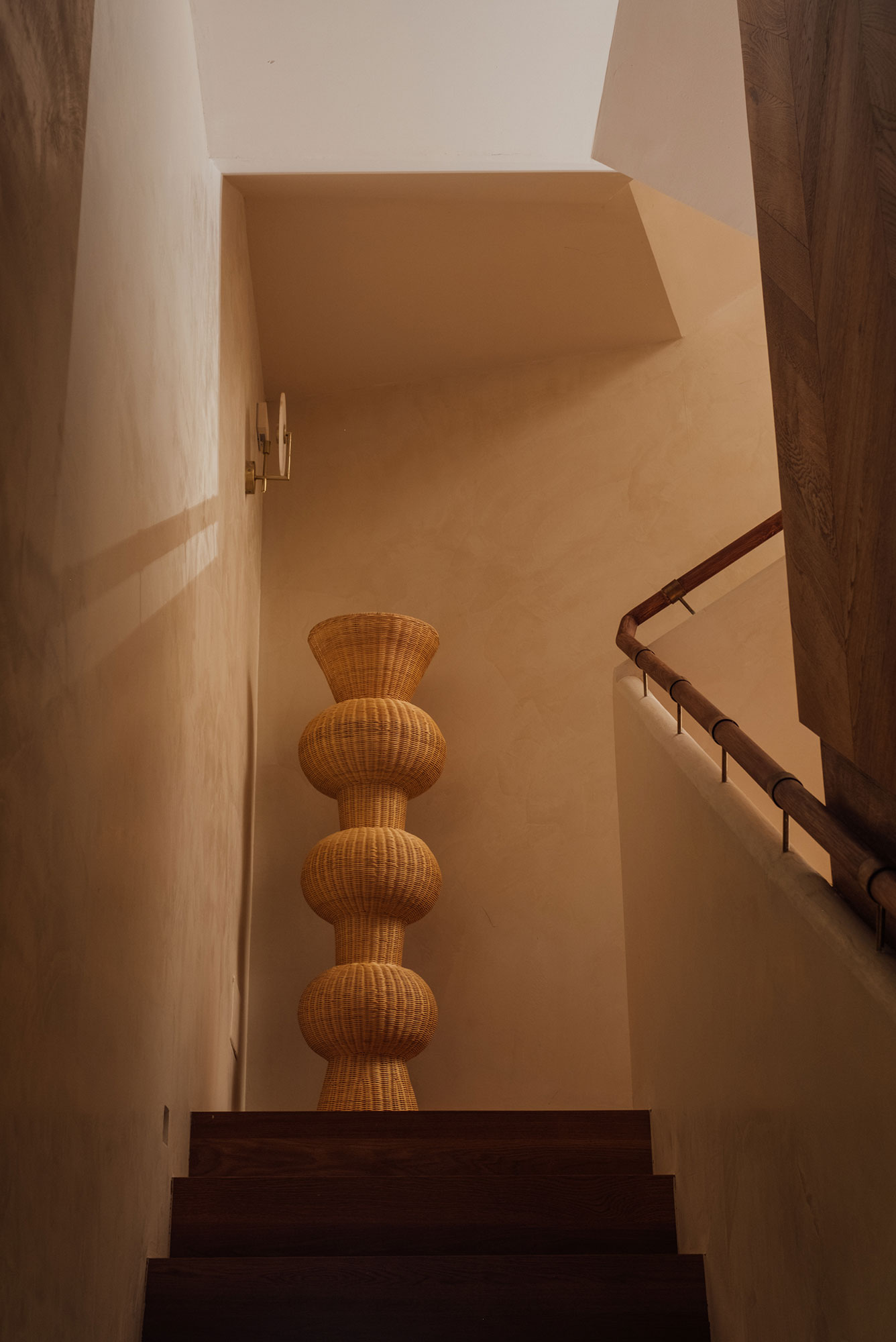
The first floor serves as the main club area, centered around a central patio that provides light and ventilation, organizing all surrounding rooms. By the entrance is a large working space with long tables to work and meet, spanning across the patio. Public facilities such as phone booths, restrooms, and some private rooms are conveniently located nearby, with direct access to the kitchen below.
On the plaza-facing windows, covering the whole facade, are the main club rooms— the jewel of the club. This series of connected rooms, each adorned with French balconies overlooking the square, offers versatile spaces for work, meetings, dining, and even social gatherings. The bar opens to one of these rooms and connects to the floor below. Each room is uniquely decorated in different colors, culminating in the ‘leopard’ room, designed for relaxation and enjoyment.
Preserving the Past, Embracing the Future
A full restoration of the existing building is needed to accommodate the new program and technologies. The project completely restores the building while preserving and enhancing valuable existing elements such as the existing tiled floors, fireplaces, carpentries and ironmongery. Valuable elements from the past, memory and witness of the old building.
Special attention is given to the existing collection of tiled floors, which are lifted, cleaned, and reinstalled in their original positions. Alongside the recovered old elements, new materials—noble, local, and full of character—are introduced. Strong collaboration with local artisans has been implemented in the project: local stones are used for bathroom sinks and kitchen-bar tops, new hydraulic tiles form the island, glass lamp manufacturers, and local fabric producers. All these elements together create a unique collection of local materials, showcasing Mallorquin craftsmanship.
A unique catalogue is created where every room has its own identity, reinforcing the concept of the members’ club as a blend of workspaces and social interaction.
